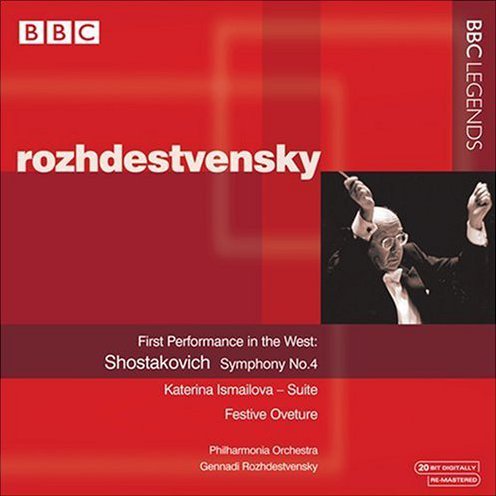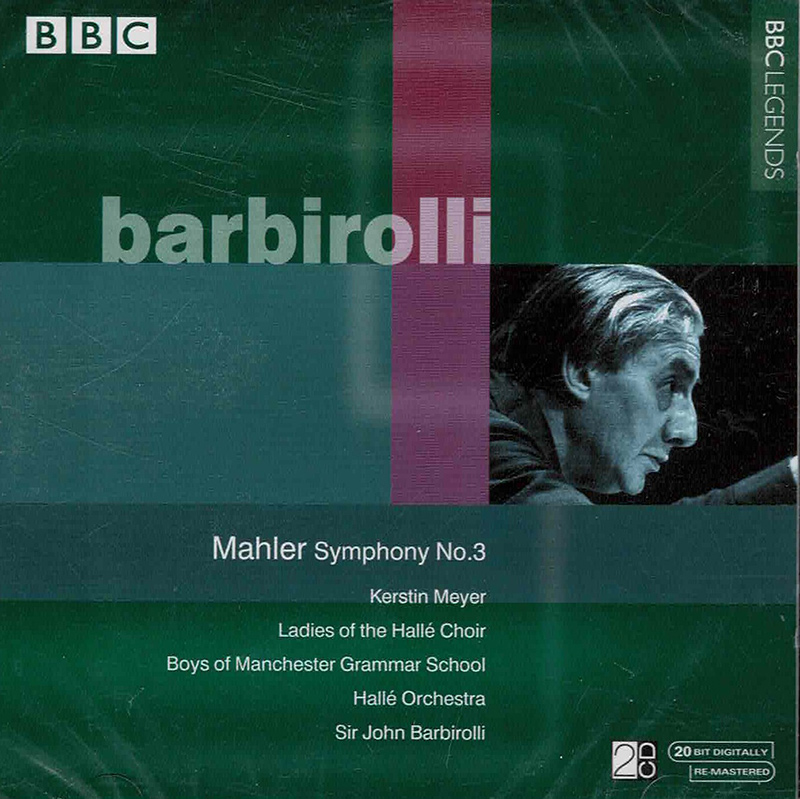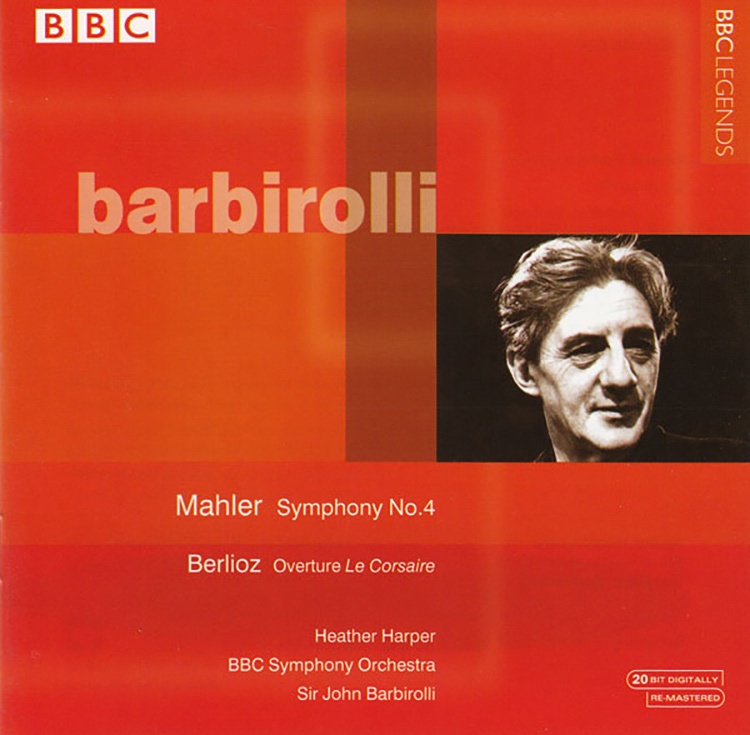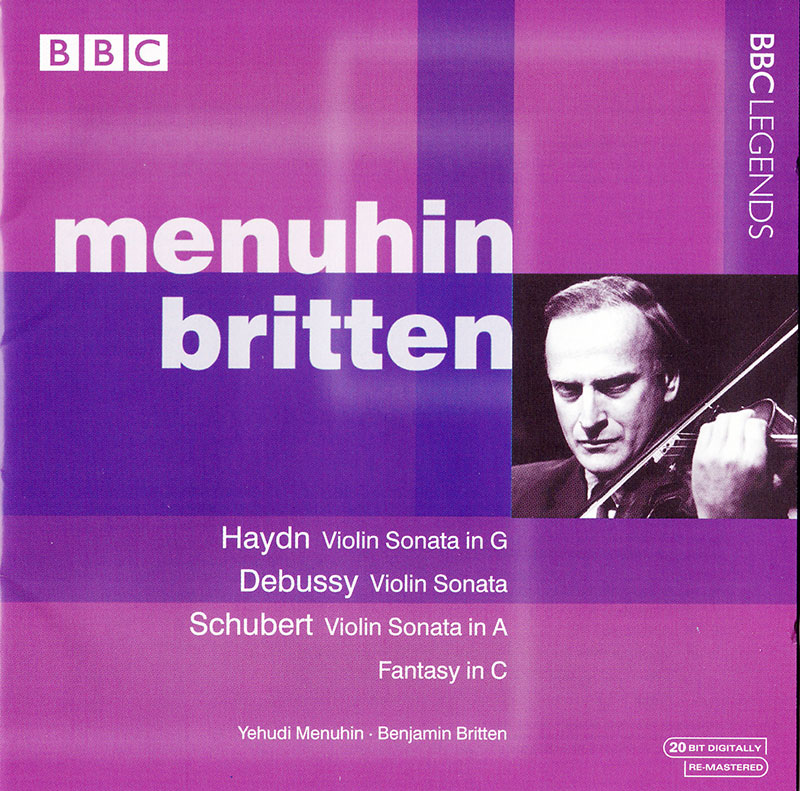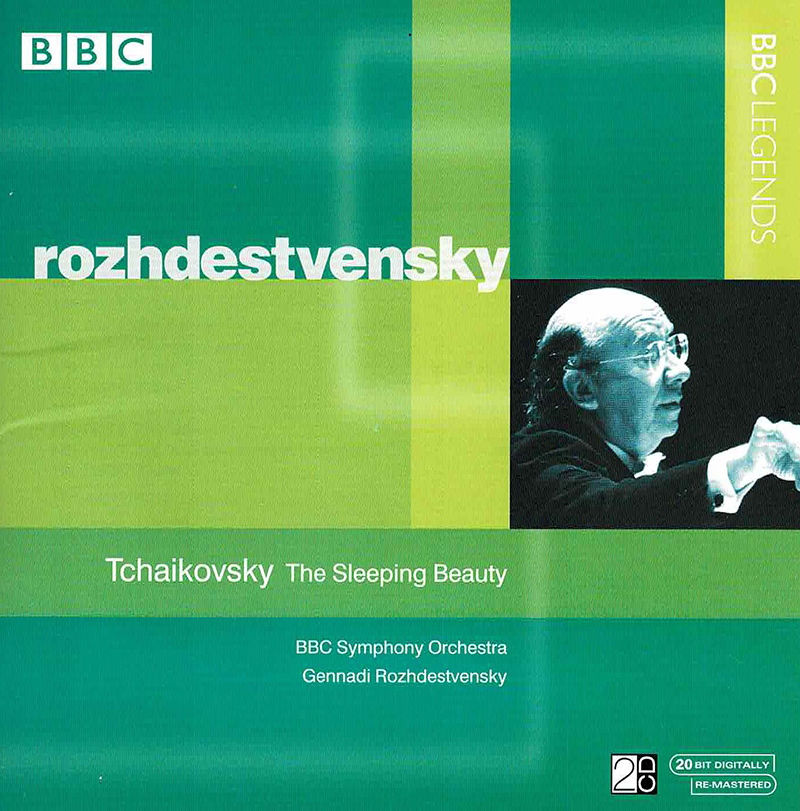Logowanie
OSTATNI taki wybór na świecie
Nancy Wilson, Peggy Lee, Bobby Darin, Julie London, Dinah Washington, Ella Fitzgerald, Lou Rawls
Diamond Voices of the Fifties - vol. 2
Tylko 1000 egzemplarzy!!!
DVORAK, BEETHOVEN, Boris Koutzen, Royal Classic Symphonica
Symfonie nr. 9 / Wellingtons Sieg Op.91
nowa seria: Nature and Music - nagranie w pełni analogowe
Petra Rosa, Eddie C.
Celebrating the art and spirit of music - vol. 3 - Pure
warm sophisticated voice...
Peggy Lee, Doris Day, Julie London, Dinah Shore, Dakota Station
Diamond Voices of the fifthies
Tylko 1000 egzemplarzy!!!
SAMPLER - STS DIGITAL, Buddy Tate, Milt Buckner, Walace Bishop
Jazz Masters - Legendary Jazz Recordings - v. 1
proszę pokazać mi drugą taką płytę na świecie!
Chesky! Niezmiennie perfekcyjny
Winylowy niezbędnik
ClearAudio
Double Matrix Professional - Sonic
najbardziej inteligentna i skuteczna pralka do płyt winylowych wszelkiego typu - całkowicie automatyczna
SHOSTAKOVICH, The Philharmonia Orchestra, The London Symphony Orchestra, Gennady Rozhdestvensky
Symphony No.4 in C minor / Katerina Ismailova – Suite / Festive Overture
- The Philharmonia Orchestra - orchestra
- The London Symphony Orchestra - orchestra
- Gennady Rozhdestvensky - conductor
- SHOSTAKOVICH
This recording of Shostakovich’s Fourth Symphony, from the Edinburgh International Festival in September 1962, is notable in that it represents the first performance heard outside the USSR. Although completed in 1936, the symphony was withdrawn by Shostakovich in mysterious circumstances – most likely because of pressure from Communist Party officials – and was not heard for 25 years until performed in Moscow by Kyril Kondrashin in December 1961. Gennadi Rozhdestvensky, 31 years old at the time of this Edinburgh performance, had already accumulated a decade’s conducting experience at the Bolshoi Theatre, and had established his credentials as a Shostakovich interpreter as early as 1955 when he substituted for Samuil Samosud in a performance of the Tenth Symphony. This performance of the Fourth finds Rozhdestvensky demonstrating both a firm grasp of structure as well as providing a compelling guide through the music’s multifarious moods and character. In the first movement there are some small lapses of ensemble from the Philharmonia Orchestra, but mostly the playing is excellent, notably in the manic string fugato from 14’10”. The second movement, which can often seem like an uneventful interlude between the long outer movements, is particularly successful, helped by spirited playing from the woodwinds and horns. Rozhdestvensky is also especially effective in the sequence of waltz episodes in the central section of the finale. However, Rozhdestvensky does not have the special fervour of Kondrashin in his pioneering Melodiya recording. Although currently only available as part of a complete set of the 15 symphonies, Kondrashin’s is an essential acquisition, the musicians of the Moscow Philharmonic Orchestra playing with raw power and intensity which has yet to be equalled. I would also place Rudolf Barshai’s recording (part of a Brilliant Classics set) slightly ahead of Rozhdestvensky – although the latter is to be preferred to Mariss Jansons’s EMI account. The Suite from “Katerina Ismailova” is another first performance outside the Soviet Union. Rozhdestvensky includes four movements amounting to some eight minutes of music. Neeme Järvi’s version on Chandos includes an additional movement (an extended Largo), although Rozhdestvensky’s is the more impressive performance in the movements common to both recordings. The 1962 recordings are clear, well balanced and in stereo, although there is a fair amount of tape hiss and, generally, the audience is extremely considerate. The disc concludes with a performance of Shostakovich’s Festive Overture, which almost matches Leonard Bernstein’s Overture to “Candide” in its tuneful exuberance. Rozhdestvensky’s fizzing performance, recorded in the Barbican Hall in 1985, is a delight.





























